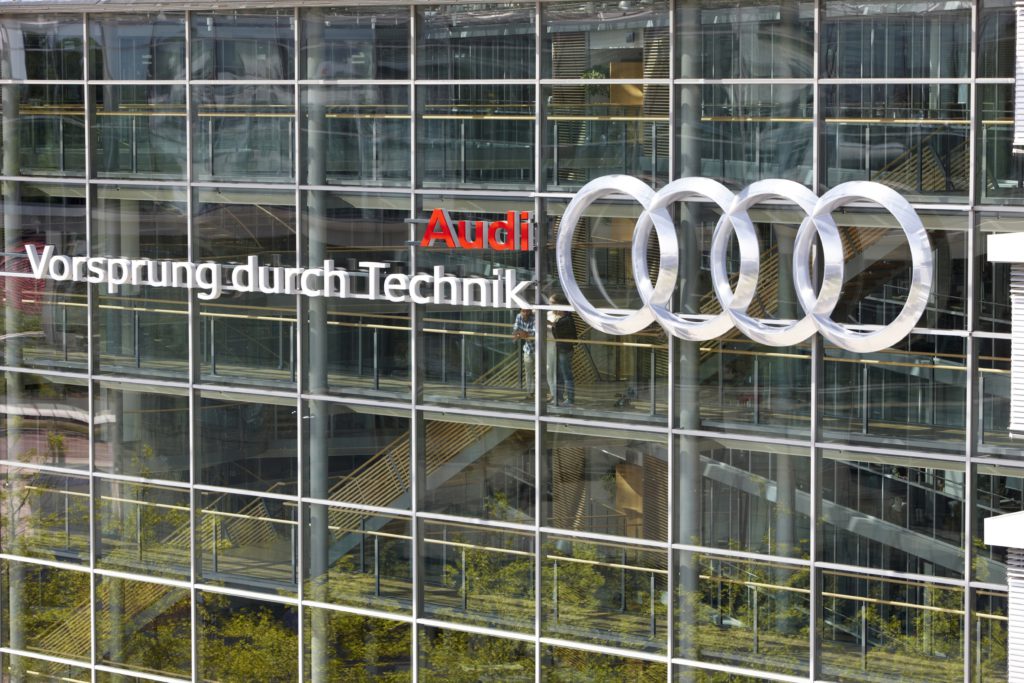UK pilot plant produces lithium carbonate from granite in ‘world first’
10 January 2022

A pilot plant in the UK has produced lithium carbonate from the mica found in granite, in what is being called a ‘world first’. Equipped with sustainable and patented technology, British Lithium’s site in Cornwall took seven months to design and build.
Lithium is a key component in the production of batteries and the material will be in increasing demand as the automotive industry turns to electromobility. As countries like the UK look to end the sale of new petrol and diesel vehicles, this transition will only accelerate. The last couple of years have seen global supply chains severely rattled, meaning local carmakers will be keen to see British Lithium accelerate out of its pilot phase.
Production aims high
To demonstrate its commercial value to potential customers, the pilot site will manufacture 5kg of lithium carbonate a day from early this year. Once the process has been developed, work will begin on achieving full-scale production within three to five years. British Lithium’s chair Roderick Smith confirmed the aim is to produce 21,000 tonnes of battery-grade lithium carbonate each year.
There were some questions raised over lifetime being limited by supply size. However, British Lithium revealed that there was 40 years’ worth of supply. Speaking with Autovista24, a spokesperson for the company confirmed the four-decade duration, and that it was in line with the annual 21,000 tonnes output target.
Sustainable supply
While the Cornwall plant took only seven months to design and build, the foundations of its operations are the result of four years of research and development. The site tackles all processing stages, from quarrying to high-purity lithium-carbonate production. This includes crushing, grinding and beneficiating ore, electric calcination at low temperatures, acid-free leaching, and purification.
‘At the moment, we will be the only lithium producer in the world to be quarrying and refining on one site, which adds to the sustainability of the project,’ Smith said. ‘The support we have had from Innovate UK, government departments, Cornwall Council and a range of key stakeholders has been vital, and we look forward to considerably ramping up our operations over the next two or three years.’
Foregoing feasibility
New processes like these are usually piloted during a feasibility stage, but the commercial production of lithium from mica has never been done before. This is why the company wants to ensure the safety of its proprietary technology during its development stage, chief executive Andrew Smith explained.
‘Doing it now allows us to operate in real-world conditions using actual site water and locally-sourced commercial reagents. We are delighted with the rapid progress we have made, but there is still a long road ahead in terms of refining and optimising the process,’ he added.
The importance of leveraging lithium has become increasingly apparent as many manufacturers secure different development deals. In December, Northvolt entered a 50/50 joint venture with energy company Galp to establish a sustainably-integrated conversion plant in Portugal. Meanwhile, German-Australian lithium developer Vulcan Energy scored separate supply deals with Volkswagen (VW) Group, Stellantis, and Renault towards the end of 2021.



